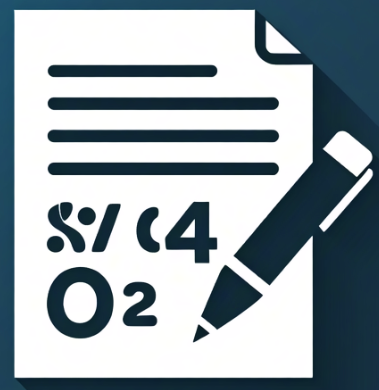- M.D./Ph.D.
- Biomedical Scientist
- zhutingting7a@163.com/t.zhu@maastrichtuniversity.nl
- Maastricht University

- Motor and Cognitive Control
- Brain Network Dynamic and Modulation via Brain Stimulation
- Invasive and Non-Invasive Brain Stimulation for Motor Dysfunction Rehabilitation
Tingting Zhu is a researcher at the Laboratory of Brain Stimulation and Cognition, Maastricht University. This group pioneered the simultaneous implementation of TMS-fMRI-EEG during cognitive tasks and has contributed to clinical neuromodulation therapies for depression, OCD, and post-stroke recovery. She specializes in the neural mechanisms of motor control and its modulation through invasive and non-invasive brain stimulation.
Her research integrates advanced neuromodulation techniques—including deep brain stimulation (DBS), transcranial magnetic stimulation (TMS), and transcranial electric stimulation (tES)—with concurrent multimodal neuroimaging (EEG/MRI) to investigate the rhythmic regulation of cortical–subcortical networks involved in motor control. The ultimate goal of her work is to translate these insights into individualized therapeutic interventions for disorders characterized by impaired inhibition.
With over 450 hours of hands-on experience in human neuromodulation experiments, Tingting has led studies involving both healthy participants and individuals with Parkinson’s disease. She has been first and co-author on multiple publications in the field and continues to lead multimodal projects combining dual-site stimulation with EEG/MRI. Her latest work is under review in leading journals such as Brain Stimulation Journal, and she has presented her findings at major international conferences, including the Organization for Human Brain Mapping and the International Brain Stimulation Conference.
Journal Information
- Journal: Brain Conflux
- Online ISSN: 3079-6016
- Publisher: Life Conflux Press Limited
- Peer Review: Single-anonymous
- Publication Model: Open Access
- Publishing Frequency: Quarterly
- Languages: English
- DOI Prefix: 10.71321

Submit Your Research
Fast-track peer review process

Journal Metrics
Impact factors & citation analysis
Research Areas
Pharmacology, Pathology, Microbiology, Developmental Biology, Epidemiology, Bioinformatics, Structural Biology, Systems Biology, Translational Medicine
Open Access Benefits
Brain Conflux promotes open science principles, ensuring that groundbreaking research in medical informatics and digital health reaches the global scientific community without barriers, accelerating scientific discovery and innovation in healthcare technology and clinical informatics.
Creative Commons License

Brain Conflux operates under a Creative Commons Attribution 4.0 International License, enabling unrestricted use, distribution, and reproduction while ensuring proper attribution to original authors and research integrity.
Copyright & Author Rights
Authors retain full copyright ownership of their work while granting Brain Conflux the right to publish and distribute. All submissions must comply with our rigorous ethical standards and originality requirements. Published content becomes freely accessible to the global research community, promoting scientific advancement and knowledge sharing.
Key Requirements: Original research, ethical compliance, proper citations, and agreement to publication terms.
Publication Ethics
Brain Conflux maintains the highest standards of publication ethics, preventing plagiarism, ensuring research integrity, and upholding international best practices. We implement comprehensive screening processes and follow COPE (Committee on Publication Ethics) guidelines to maintain scientific credibility.


